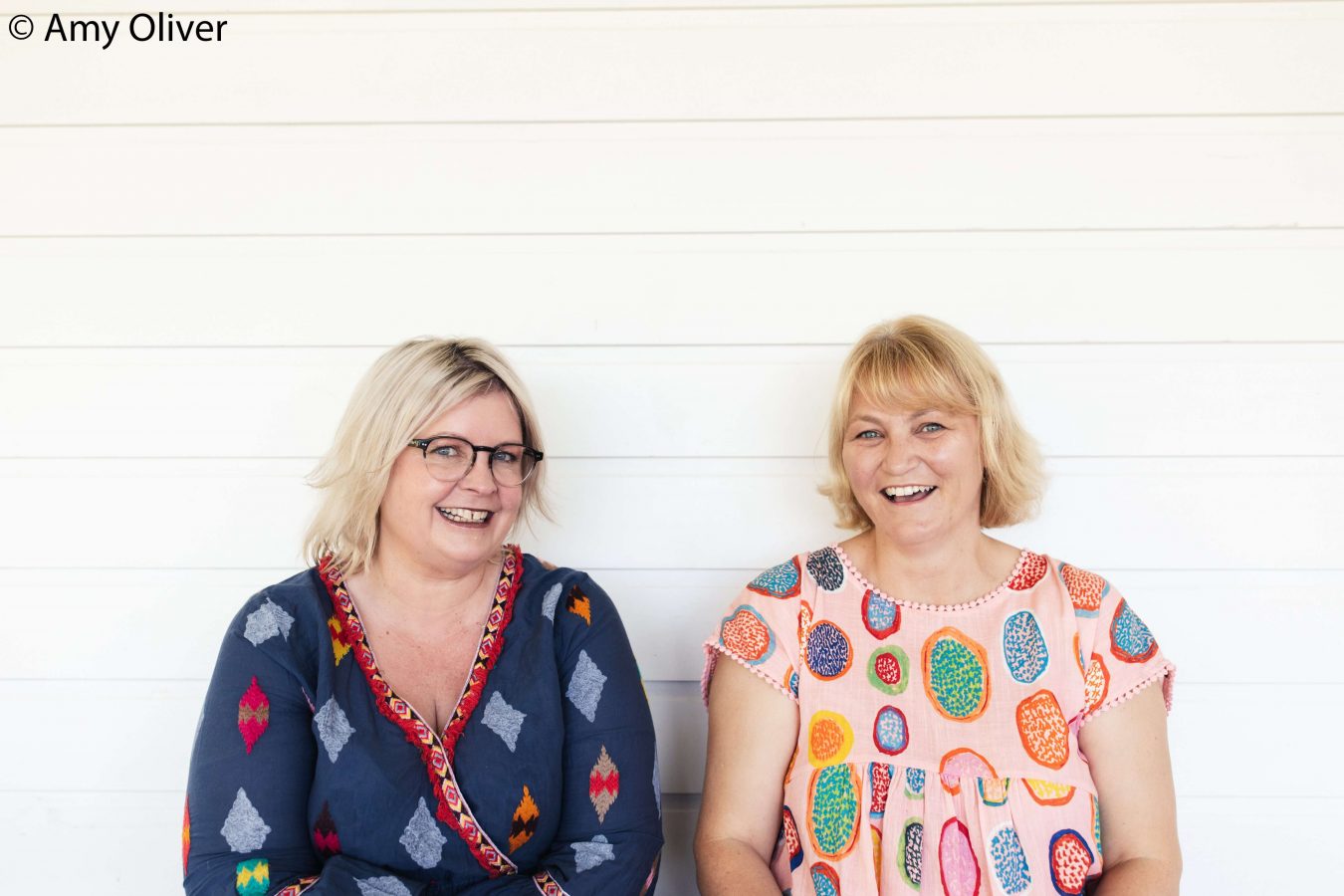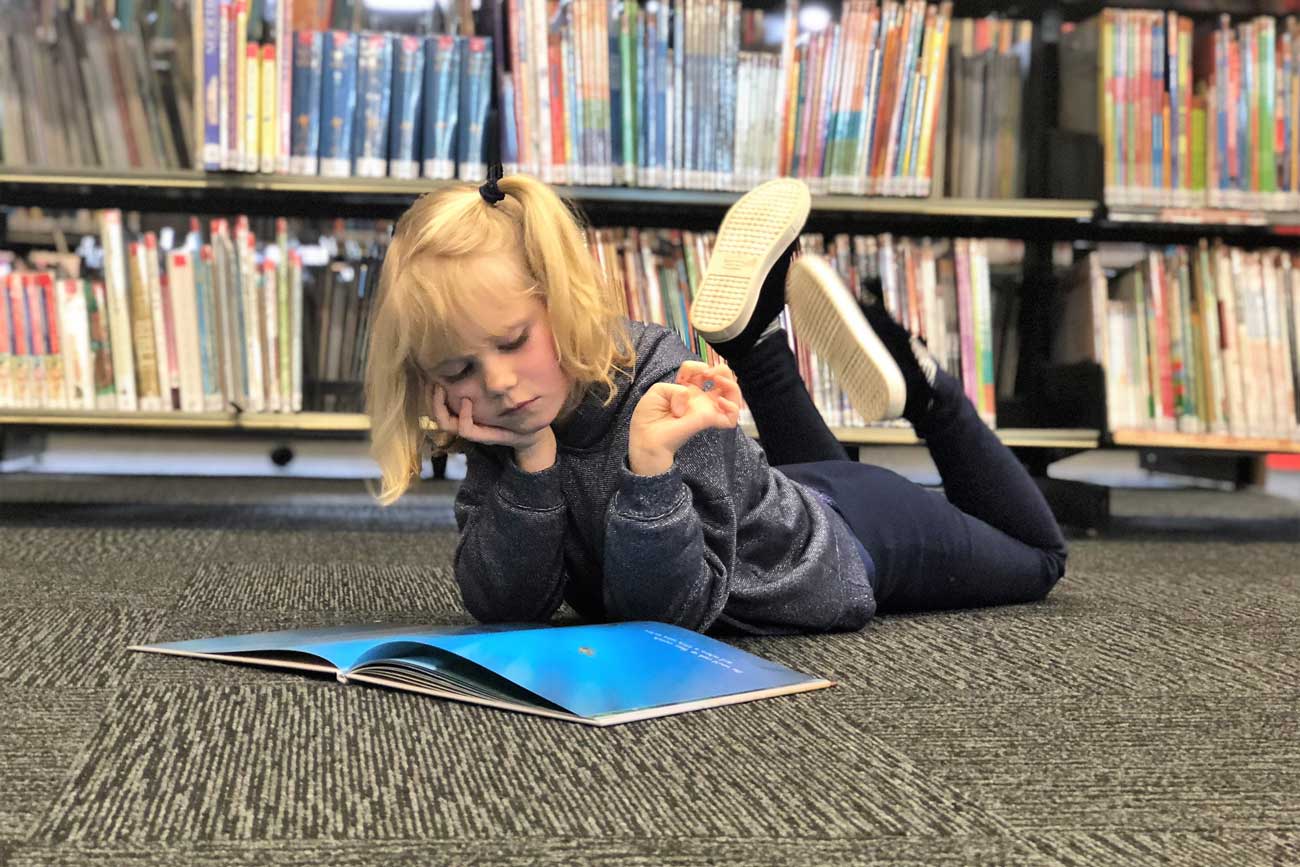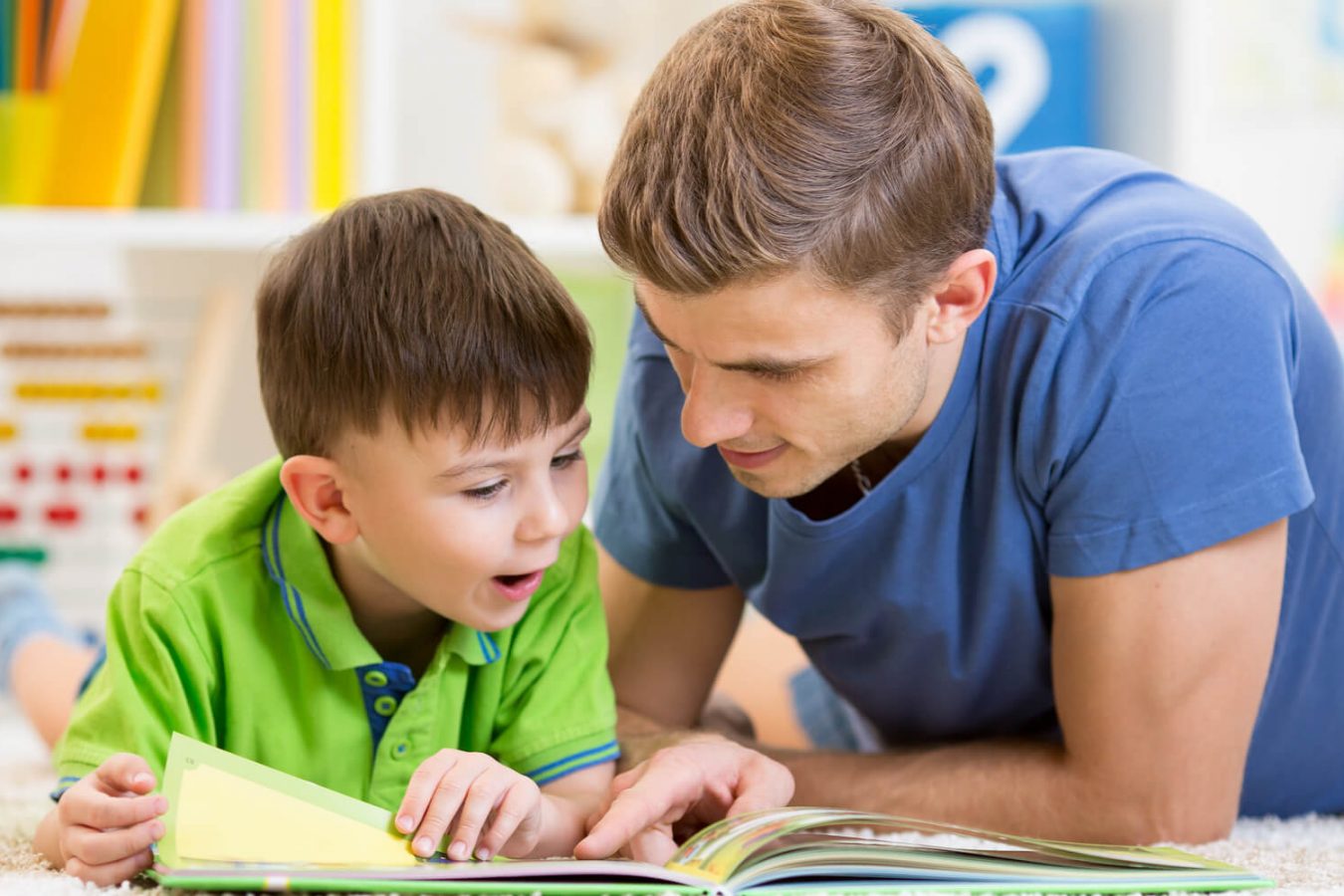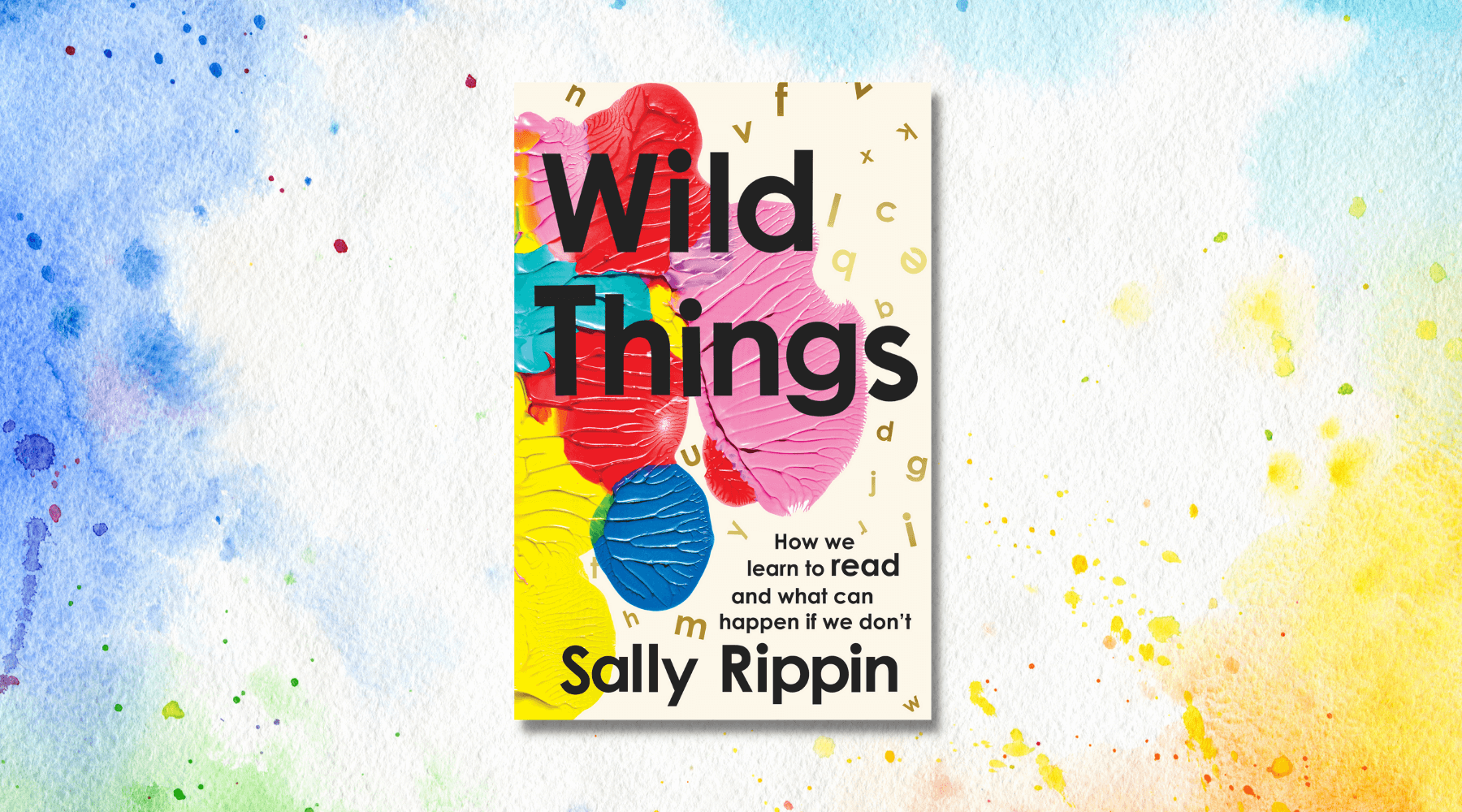
It’s the book she needed when her son first started school. Beloved children’s author Sally Rippin tells Natalie Moutafis she hopes her first book for grown-ups helps us support neurodivergent kids to thrive.
Best-selling Australian children’s author Sally Rippin has a new non-fiction book out, Wild Things: how we learn to read and what can happen if we don’t.
In this Q&A with The Parents Website, Sally explains how her own experiences as a parent to a neurodivergent child struggling to read led the way to help kids find joy in reading – and to advocate for them.
You are well-known for your children’s books like Hey Jack! and Billie B Brown but Wild Things is your first book for grown-ups – and non-fiction. You wrote this book based on your own experience as a parent to a neurodivergent child; what do you hope parents (and educators) will gain from this book?
My hope is that Wild Things will shine a light on neurodivergency and start conversations about how we can better support these kids so they can thrive and reach their potential.
Wild Things is a deeply personal story for you – evidenced by the many personal anecdotes you share. How do you feel having this out in the world?
I can’t say it doesn’t make me feel slightly nervous, but I don’t think there would have been any point in putting something out there that wasn’t honest and vulnerable. Any time I have heard someone with a public platform speak openly about something deeply challenging for them it has only made me admire them more and inspired me to be as honest as them in telling my own story. I have come to realise that sharing authentic stories can be deeply connecting, and since the book has been published, I have received messages almost daily from complete strangers, telling me what an impact the book has had on them and sharing deeply heartfelt and personal stories of their own.
How does your son Sam* feel about you writing this book?
I talked to him about it the whole way through and read out all of the parts that feature him to check he was comfortable with them. I also don’t use his real name so that people who don’t know our family won’t be able to identify him. Some parts he asked me to change or remove, and others he was able to comment on from the perspective of someone who is now almost 20. I was able to include these comments in the book to show how some things had shifted or resolved over time, which I think adds another interesting layer of understanding of what life is like for a kid growing up with dyslexia and ADHD. He understands that this book might help other people who are keen to better support neurodivergent kids through school, and I think this makes him feel hopeful that in the future things might improve.
*Sam is the pseudonym Sally uses throughout the book.
In the chapter ‘Things I wish I’d done differently’ you mention how kids begin to notice how they are placed against their peers around Year 3. Some starting to say, ‘I’m dumb’ or ‘I hate school’. What advice would you give to parents of children that are experiencing this or similar?
This is a big red flag that your child could potentially have a learning difficulty and might need some extra support. Seek an assessment if you can, as this can help understand what your child specifically needs, then hopefully you might be able to get this support from your child’s school. If not, you might need to follow this up on your own.
Educate yourself and be prepared to advocate for your child from early on. A learning difference or a diagnosis of neurodivergency doesn’t have to hinder your child’s capacity to thrive, provided they are given the right supports. And help them find their strengths so they can feel good about themselves.
What would you say to parents starting out on this path to advocacy?
It can be a long road, and lonely if you don’t find your people. Connecting up with support groups and other parents in the same situation was life-changing for me: not just in accessing up-to-date advice, but also to feel buoyed to know there were other people going through the same stuff as me. Finding your tribe – and ceasing to compare yourself or your kid to other people – makes you happier and more resilient, and better able to focus on who your kid actually is, rather than who you thought they might be.
What is your hope for teachers and educators that read this book? In the chapter ‘No regular mortal’ you mention asking Sam about his feelings on a school for kids with dyslexia if it had been an option. He said he’d have found it helpful to work with teachers who understood learning differences and how to support kids to achieve their potential.
My hope is that this book starts conversations about how we can better support teachers to better support our neurodivergent kids. I interviewed lots of teachers for this book and many of them had brilliant ideas about how to go about this, but things won’t change until we start talking openly about all these issues and recognise we are all on the same side. No one wants to see kids suffer in school and if we can identify the supports they need when they are young, they are less likely to develop bigger issues as they get older.
Lastly, where did the title ‘Wild Things’ come from?
My all-time favourite children’s book is Where The Wild Things Are by Maurice Sendak, and I strongly relate to Max as I was a child with ‘big feelings’ and have raised three ‘Wild Things’ of my own. All throughout the book I include examples of beloved children’s book characters who break conventions and challenge authority to highlight how much we admire this in literature, but can struggle with this when it happens in real life.
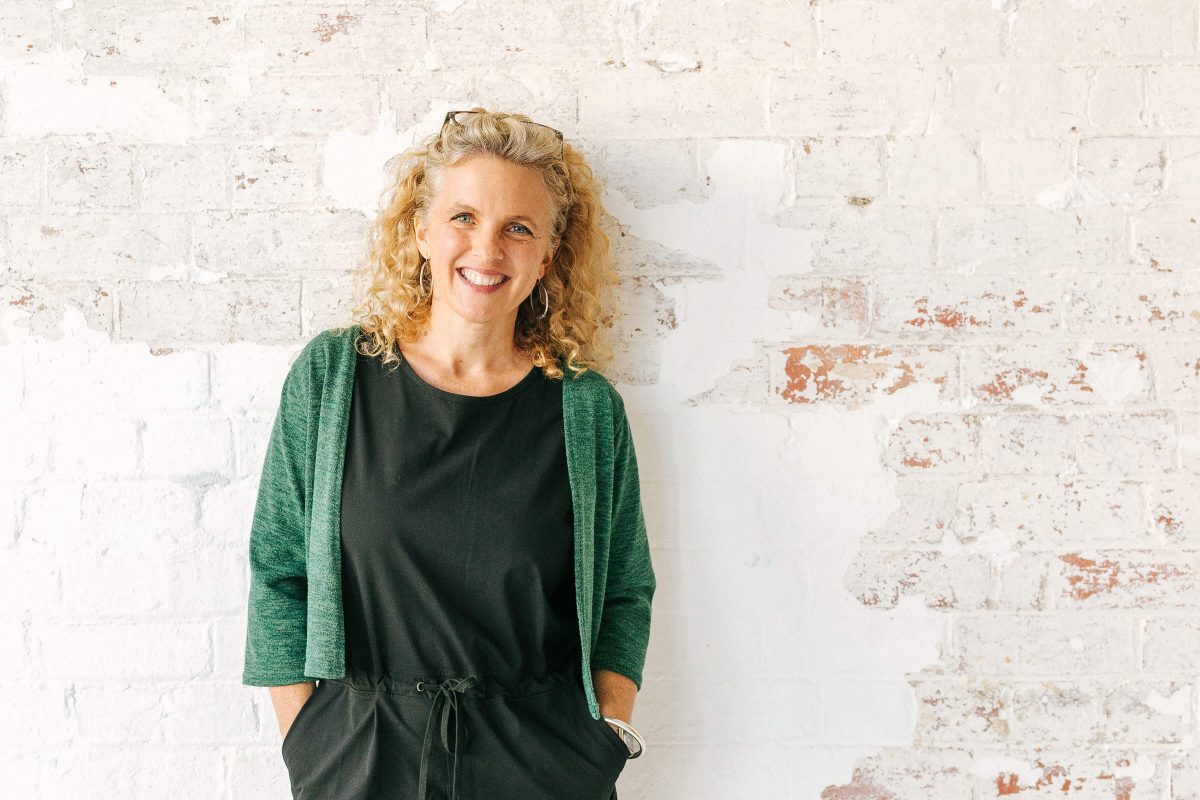
About the book
Wild Things: How we learn to read and what can happen if we don’t is published by Hardie Grant, RRP $29.99.
(Photo of Sally by Sister Scout.)
Like this post? Please share using the buttons on this page.
Sign up for our newsletter